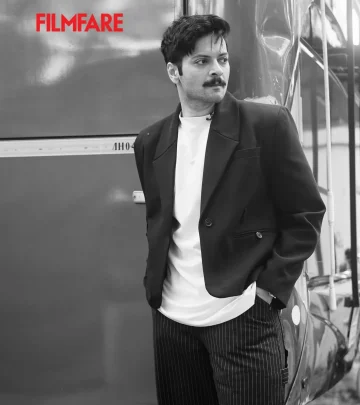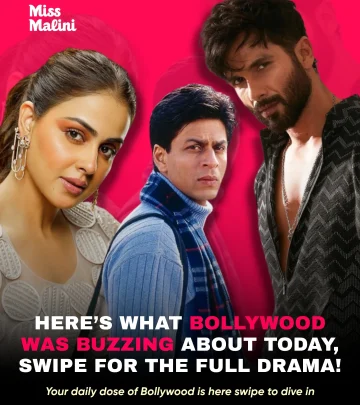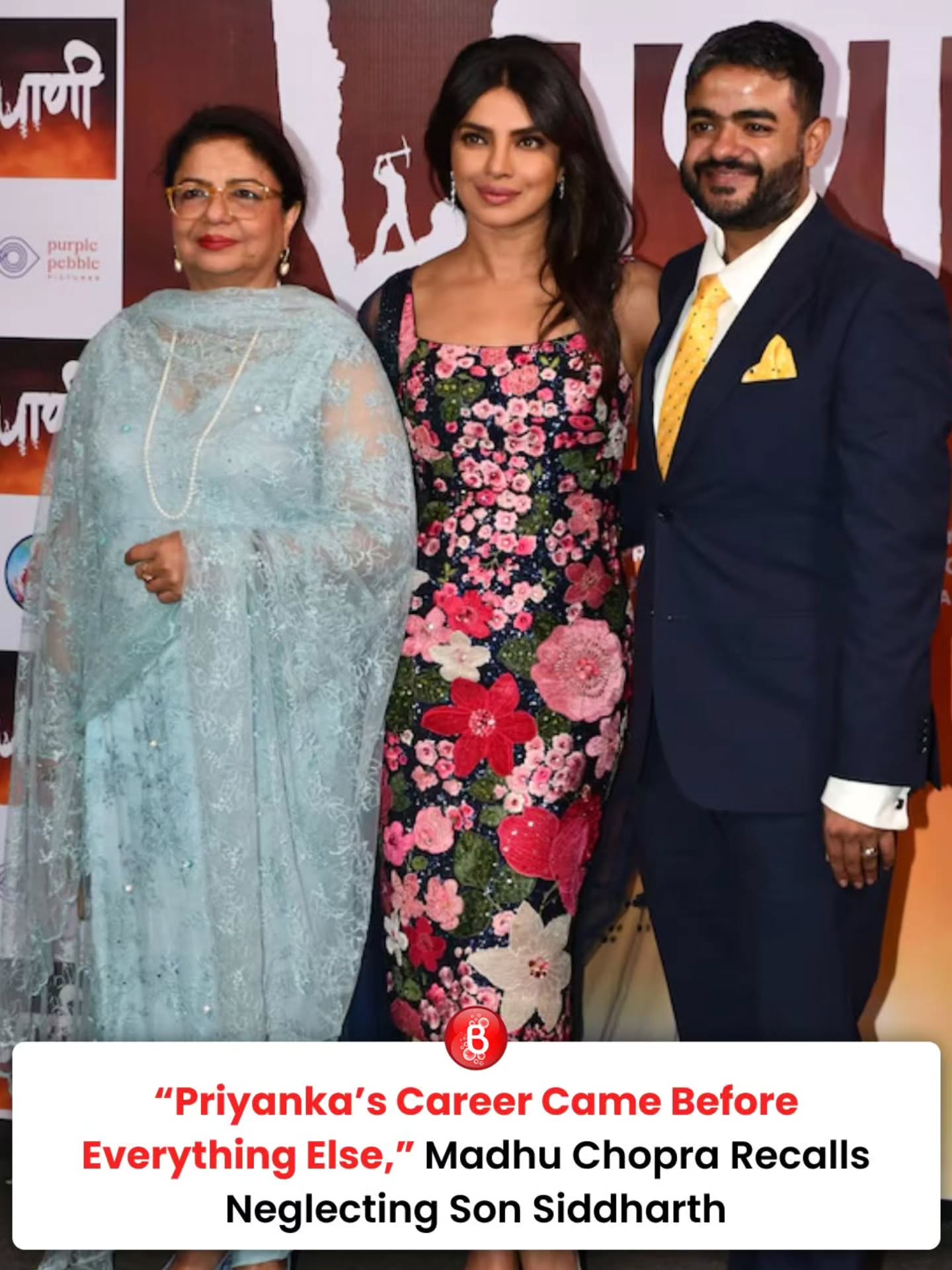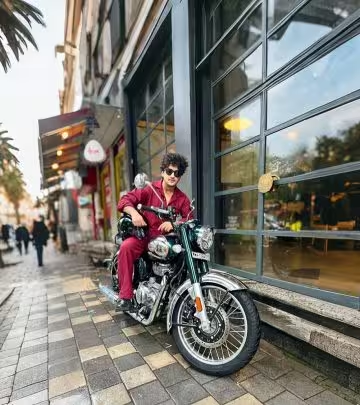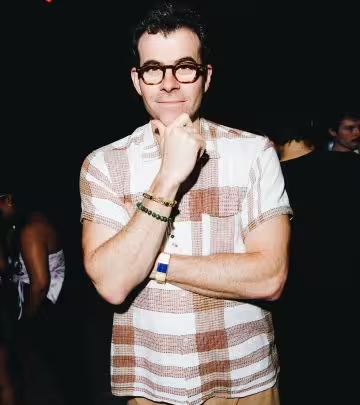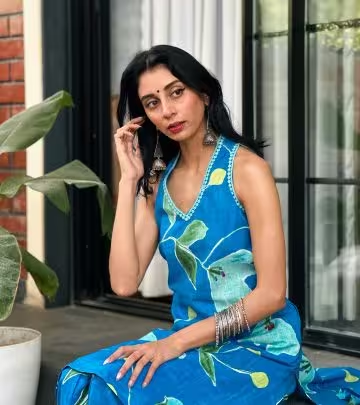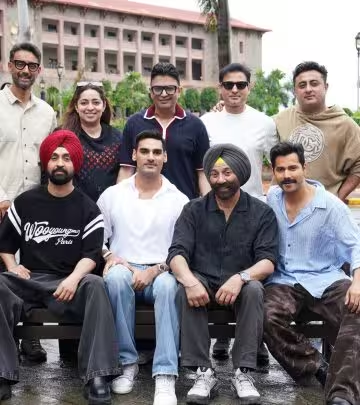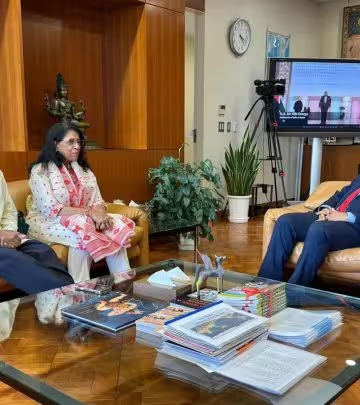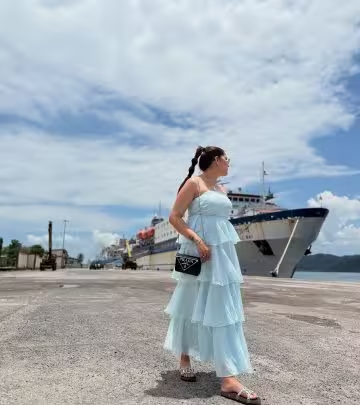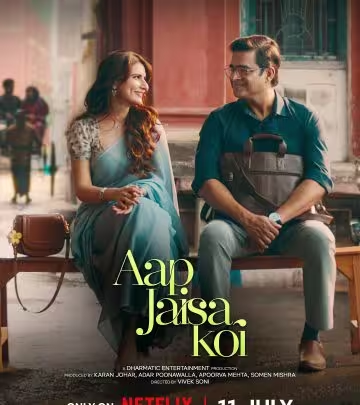Mumbai Safety Concerns: Malavika Mohanan Speaks Up
College memories expose hidden perils on Mumbai trains, doubting the myth of a safe haven.
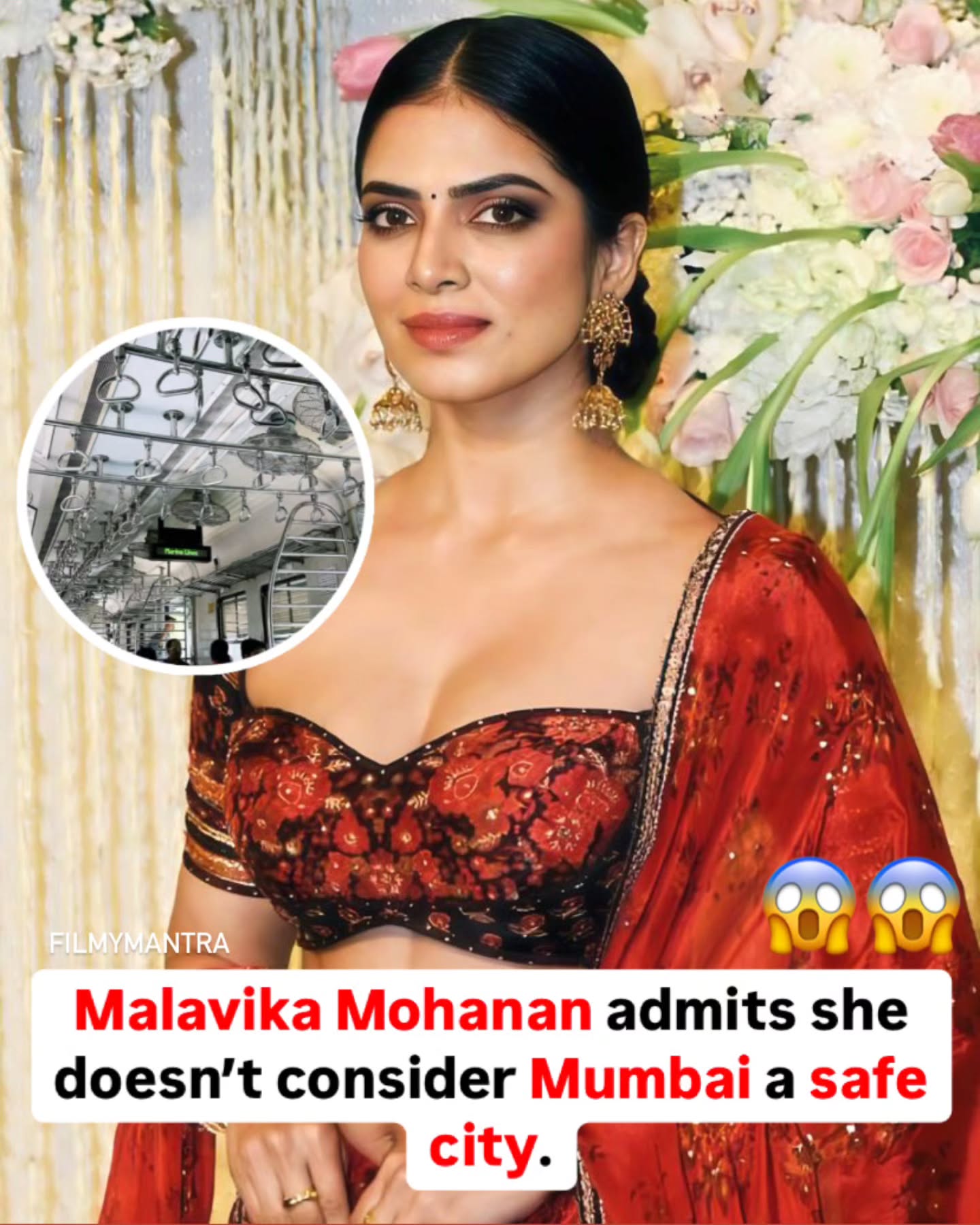
Image: Instagram
In a candid interview with Hauterrfly, actress Malavika Mohanan delivered a personal revelation that challenges the often-repeated claim that Mumbai is a safe city for women. Drawing upon her own experiences as a college student, Malavika’s account highlights the hidden vulnerabilities that many women face while commuting on local trains and public buses, painting a picture that contrasts sharply with the city’s modern image of safety.
Mumbai’s Shifting Paradigm
Malavika noted that the perception of Mumbai as a safe haven for women is a relatively recent development. “People often say Mumbai is safe for women, but I’d like to correct that perception,” she explained. Now, with her own car and driver, the actress acknowledges that safety seems attainable. However, she recalled a markedly different era during her college days, when navigating the city’s bustling public transport system was an exercise in luck and vigilance. The transformation in her personal security measures underscores the complex evolution of Mumbai’s urban landscape.
A Chilling Memory From The Past
Reflecting on her youth, Malavika recounted an unsettling incident that encapsulated the everyday dangers lurking on Mumbai’s local trains. In vivid detail, she remembered a night around 9:30 pm when she was traveling with two close friends in the first-class women’s compartment of a nearly empty local train. They were seated near a window grill, enjoying a quiet conversation, when a man suddenly approached. In a brazen display, he pressed his face against the bars and asked, “Ek chumma degi kya? (Will you give me a kiss?)” Malavika recalled that moment of paralysis: “We froze… We were just three young girls, completely vulnerable.” This recollection is not just a stark reminder of past perils but also a call for a reexamination of safety norms in one of India’s most dynamic metropolises.
The Cost Of A ‘safe City’ Narrative
While many tout Mumbai’s modern infrastructure and improved security measures, Malavika’s story points to a layered truth. Her narrative forces a confrontation with the fact that the safety one feels today might only be a privilege borne of financial stability and social status. The transformation in her daily life—from relying on public transport as a college student to now enjoying the comfort and security of private conveyance—illustrates the broader socio-economic shifts influencing urban women’s experiences.
Breaking The Silence
The actress’s forthrightness in addressing the issue resonates with a growing movement among women who demand that societal narratives around safety are not oversimplified. In her interview, Malavika did not merely recount an incident; she ignited a conversation about the need for vigilance and systemic changes that ensure that all women can travel freely without fear. Initiatives to improve public transportation security and increased awareness campaigns are being discussed in various circles, underscoring that her story is both a personal account and a societal indictment.
Filmymantra Media, known for its incisive reporting on celebrity culture and social issues, has shared updates on this narrative via its Instagram handle, further bridging the gap between personal experiences and public discourse. The post, which quickly garnered attention for its raw honesty, serves as a reminder that personal narratives from public figures can shed light on broader systemic issues. Other recent posts on the platform have also touched upon themes ranging from celebrity lifestyle shifts to the nuanced realities behind assumed glamour, adding context to the conversation on personal security and media representation.
A Call For Conscious Dialogue
Malavika’s account stands as an invitation to reexamine the comfort zones that are often taken for granted. Her experience, though deeply personal, is emblematic of the struggles that many women continue to face. It encourages both the media and policymakers to challenge the oversimplified labels of safe versus unsafe cities, urging a dialogue that includes voices from all socio-economic strata. Her words echo the sentiment that safety should not be a privilege enjoyed only by those who can afford it but a standard for every citizen.
The repercussions of her revelations are likely to extend beyond the immediate celebrity circuit. As more women come forward to share their stories, the public discourse is expected to shift towards a more inclusive definition of urban safety. In doing so, the narrative will not only empower women but also pave the way for tangible improvements in the city’s infrastructure and policy frameworks.
By revisiting her college memories, Malavika Mohanan has not only reclaimed her narrative but has also challenged the glittering yet incomplete story of Mumbai’s safety. Her testimony, marked by honest recollection and fearless critique, serves as both a personal catharsis and a public service announcement. The challenge now lies with society as a whole to take these lessons to heart, ensuring that the tangled realities of urban life receive the attention they deserve.
The conversation sparked by Malavika’s interview is likely to evolve as more voices contribute to a nuanced understanding of safety in Mumbai. As urban narratives become increasingly complex, her account remains a compelling reminder of the past, urging us to recognize and address the multifaceted challenges that lie ahead.
Read full bio of Cynthia Jean Daniel



